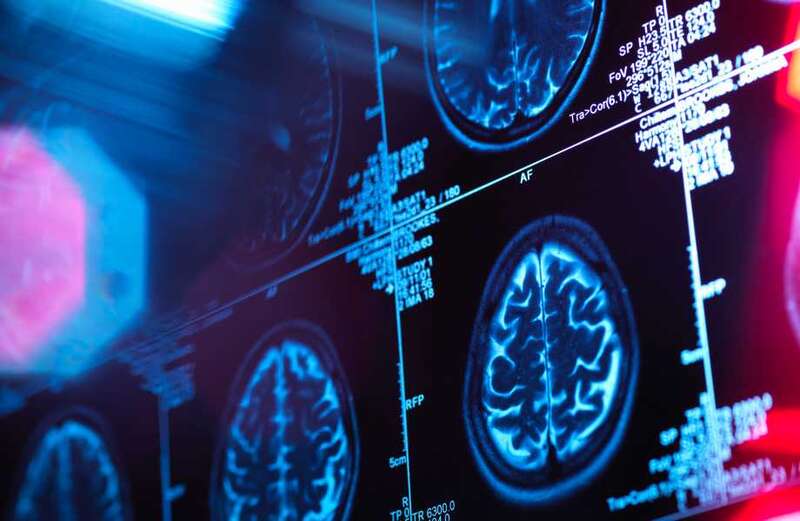MORE than 40 per cent of people around the world are living with some sort of brain condition, a study shows.
The conditions — which include Alzheimer’s, stroke and migraines — affect around 3.4billion people, which is far more people than previously thought, researchers said.

They are now the leading cause of disability, illness, and premature death, with the total amount caused by them increasing 18 per cent from 1990 to 2021, they found.
Dr Jaimie Steinmetz, of the University of Washington, said: “Every country now has estimates of their neurological burden based on the best available evidence.
“Nervous system conditions must be addressed through effective, culturally acceptable, and affordable prevention, treatment, rehabilitation, and long-term care strategies.”
 Hospitals run out of oxygen and mortuaries full amid NHS chaos
Hospitals run out of oxygen and mortuaries full amid NHS chaos
Neurological conditions are the “world’s leading cause of overall disease burden”, and cases have risen 59 per cent globally since 1990, he added.
Dr Katrin Seeher, of the World Health Organization, said: “Many neurological conditions lack cures, and access to medical care is often limited.
“Understanding modifiable risk factors and the potentially avoidable neurological condition burden is essential to help curb this global health crisis.”
Neurological conditions also include meningitis, brain injuries and nerve damage, which can be caused by diabetes.
Around 944,000 Brits are currently living with dementia and experts predict the numbers will exceed one million by the end of the decade.
Alzheimer’s disease is the most common form of the condition, and is thought to be caused by build-ups of proteins in the brain, including tau and amyloid.
There is currently no cure for the disease, although three promising drugs to slow down its progress are currently in trials.
The study, published in The Lancet Neurology, looked at how rates of dementia and 36 other neurological conditions have changed around the world over time.
Researchers looked at data for cases, deaths and disability in 204 countries around the world over 31 years.
The worldwide neurological burden is growing very fast
Mystic Mag's 2023 predictions include strikes, sleaze, self pity and separation Dr Valery Feigin
Dr Valery Feigin, of Auckland University, said: “The worldwide neurological burden is growing very fast and will put even more pressure on health systems in the coming decades.
“Yet many current strategies for reducing neurological conditions have low effectiveness or are not sufficiently deployed, as is the case with some of the fastest-growing but largely preventable conditions like diabetic neuropathy and neonatal disorders.
“For many other conditions, there is no cure, underscoring the importance of greater investment and research into novel interventions and potentially modifiable risk factors.”
Dr Steinmetz added: “Nervous system conditions include infectious and vector-borne diseases and injuries as well as non-communicable diseases and injuries, demanding different strategies for prevention and treatment throughout life.
“We hope that our findings can help policymakers more comprehensively understand the impact of neurological conditions on both adults and children to inform more targeted interventions in individual countries.”



































